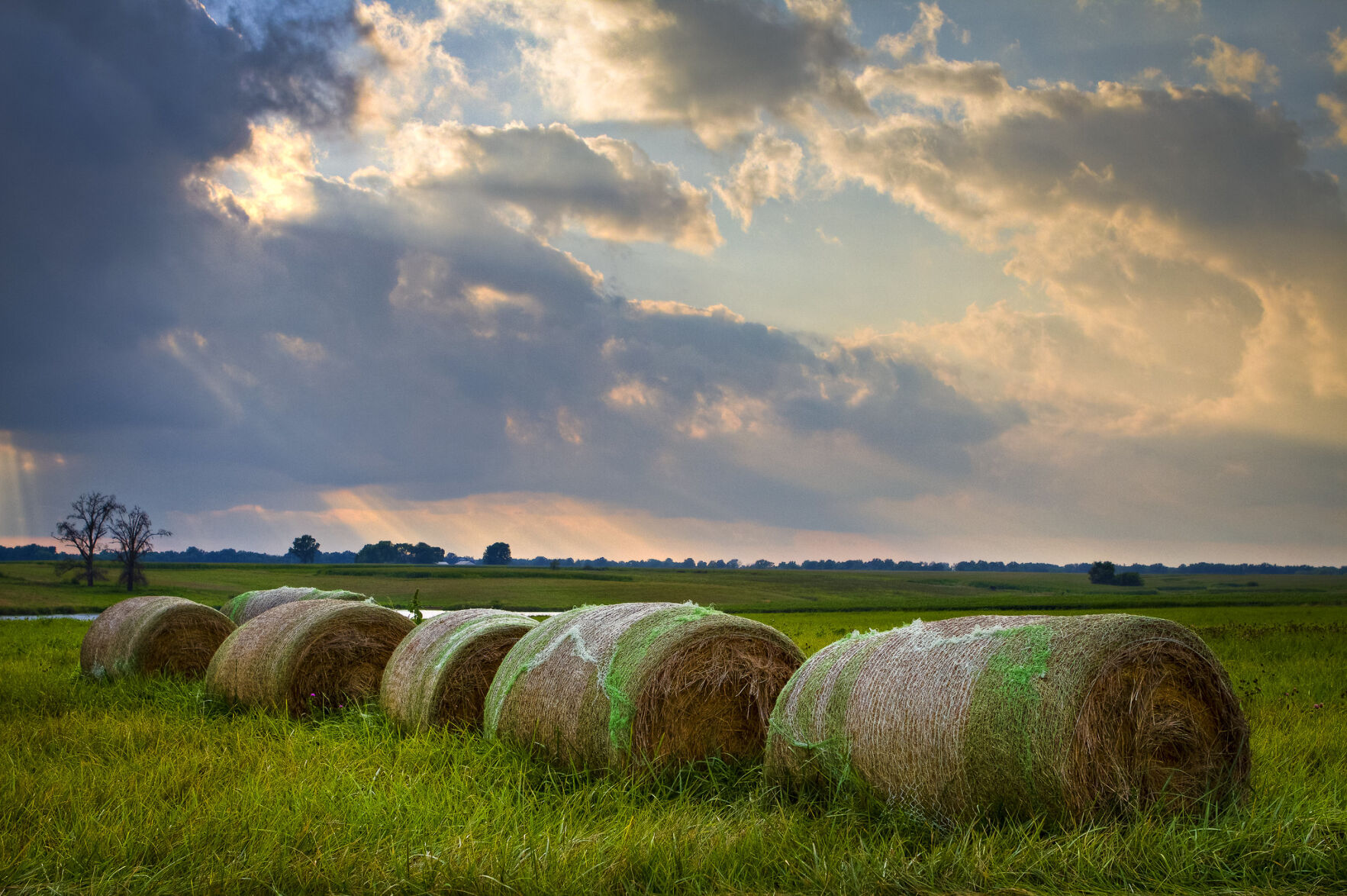State-By-State Hay Summary

Colorado—In the April 25 report, compared to the last report, trade activity light on light to moderate demand. Stable hay sold mostly steady.
Missouri—In the April 25 report, compared to last report, the supply of hay is light to moderate, demand moderate and prices are mostly steady. There has been a significant amount of hay cut, baled, and wrapped this week as well as just a little first cutting of alfalfa which has been baled dry now.
Nebraska—In the April 25 report, all reported hay sales sold steady on a very thin test. Demand was light. Several hay producers are holding over several tons of hay. Some hay producers are gearing up to plant alfalfa this spring on irrigated pivots. Overall the drought monitor shows the state in a lot better shape than it was this time last year.
Oklahoma—In the April 26 report, compared to the last report, the demand and trade remain low. Some new hay has been sold already but, old-crop hay continues to lower in price as we enter the new hay season. There are still barns full of old-crop hay that are trying to be sold and emptied for new-crop hay. Next report will be released May 10.
Texas—In the April 19 report, compared to last report, hay prices are mostly steady to weak on old crop hay, with the exception of the Panhandle where prices are firm. Hay supplies are tight in the Panhandle as producers have continued supplemental feeding while waiting for spring pastures to green up. The majority of the state received moisture over the past week. Next report will be released May 3.
South Dakota—In the April 19 report, compared to last report, hay movement has been slow and demand is lower than normal. There is chance of rain in the forecast and hay is starting to green up but still has a lot of growing to do. With movement being down, the next report will be issued May 3.
New Mexico—In the April 26 report, the first of the season, production is starting off strong with the southern and western part of the state having their first cut down and baled demand is good. Alfalfa hay for the first cutting is 19% complete.
Wyoming—In the April 25 report, compared to last report, all reported hay sold steady. Demand was light.
Montana—In the April 26 report, compared to last report, hay sold generally steady. Several loads of hay continue to sell to buyers looking for hay in case a severe drought develops. Many locations remain dry and mountain snowpack is well below average. Demand from Canadian buyers was very good this week as several loads sold to Canada for immediate use. Many Canadian buyers report dry conditions and lots of winter kill on cover crops which are normally used for spring grazing. Supplies of hay remain heavy which is keeping hay prices near steady. Some producers are content to carry hay over into the next crop year and hope demand continues to improve. The best demand for feeder quality (utility and fair) hay remains around $130 to $150/ton delivered. Demand for straw is light as heavy straw supplies continue to be seen especially in the northern portion of the state.



